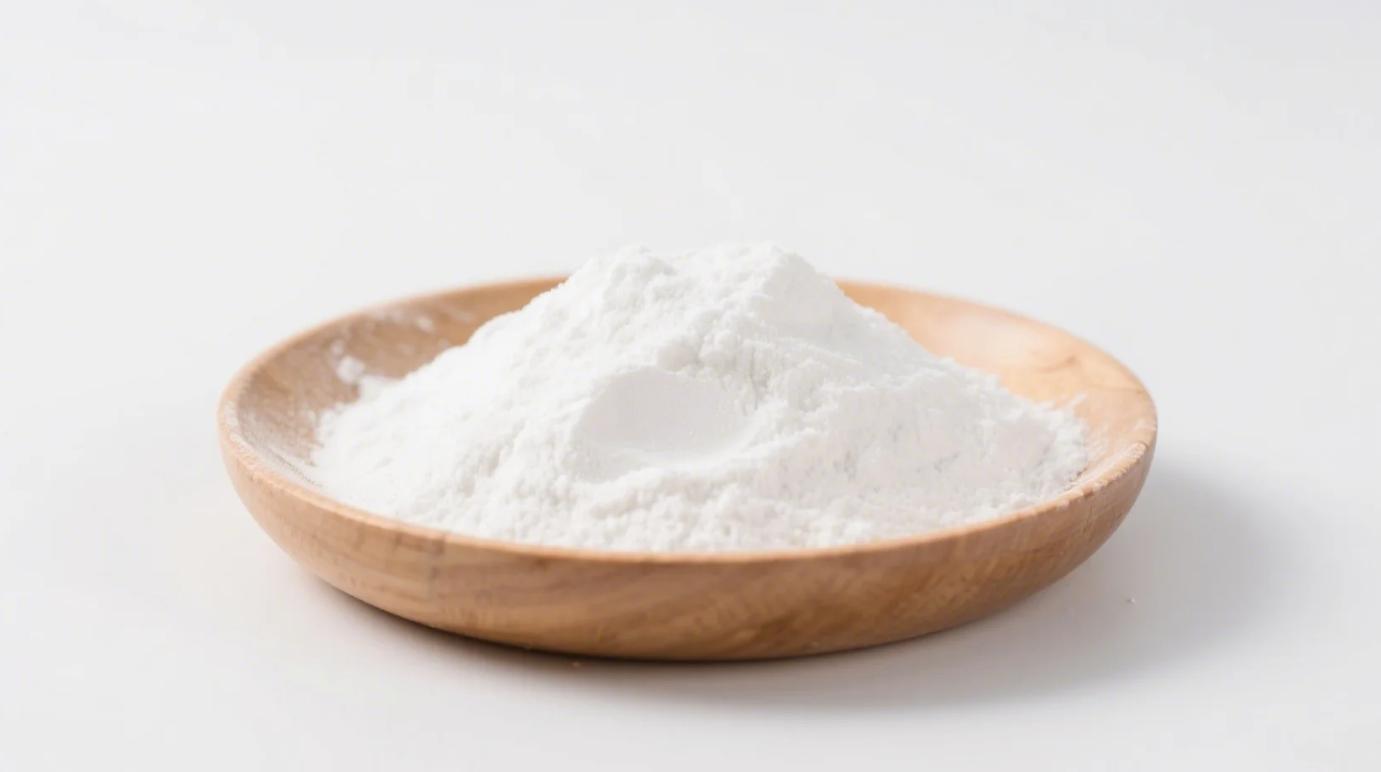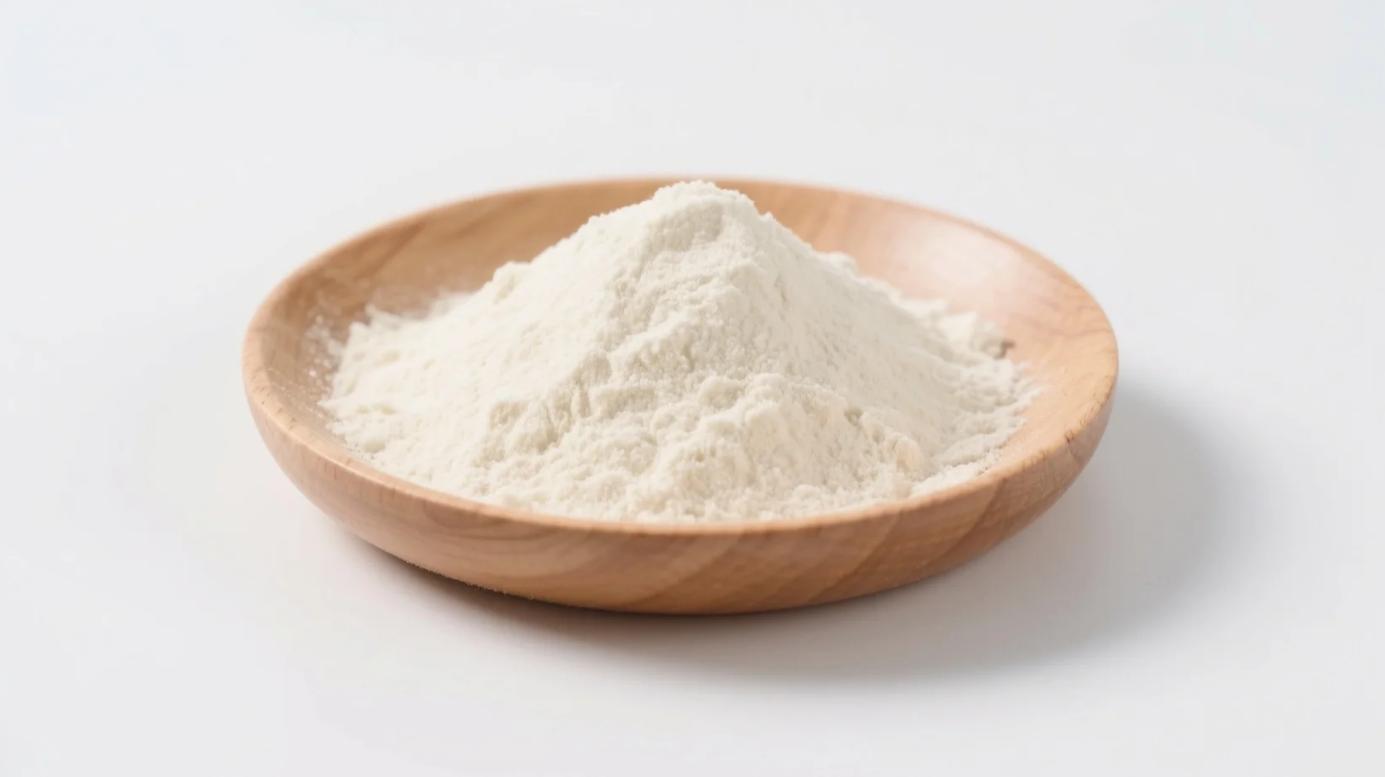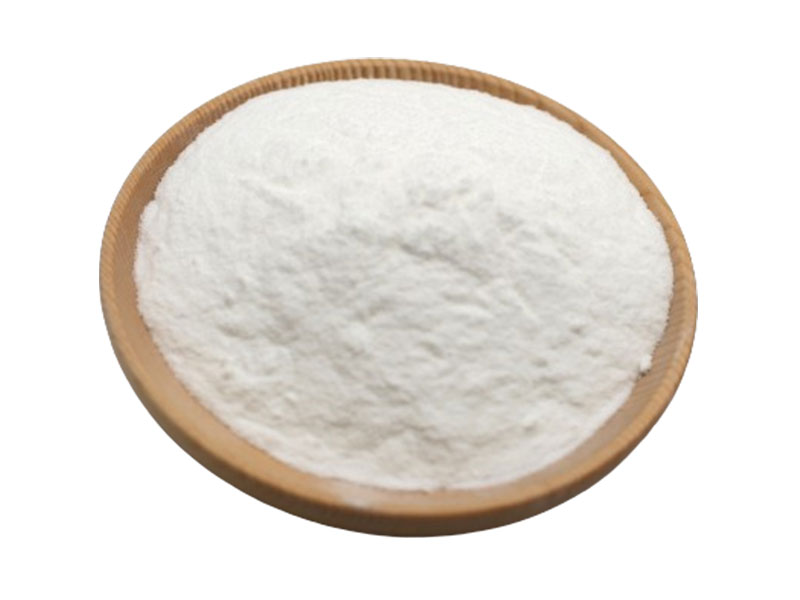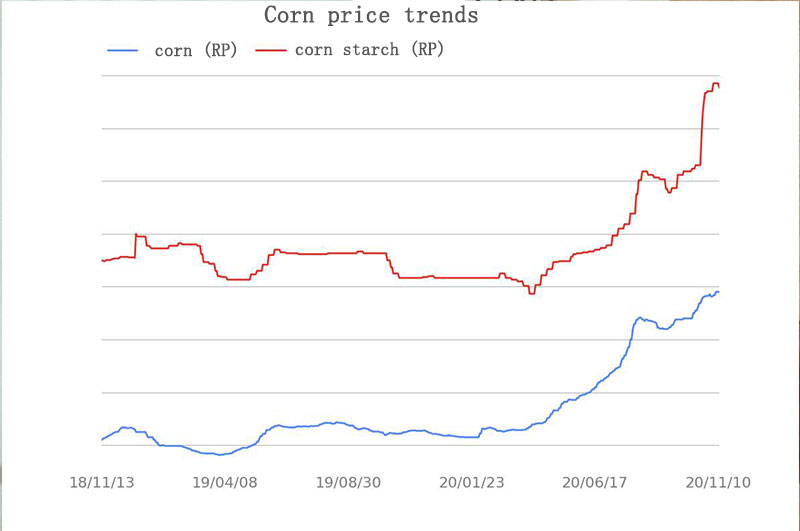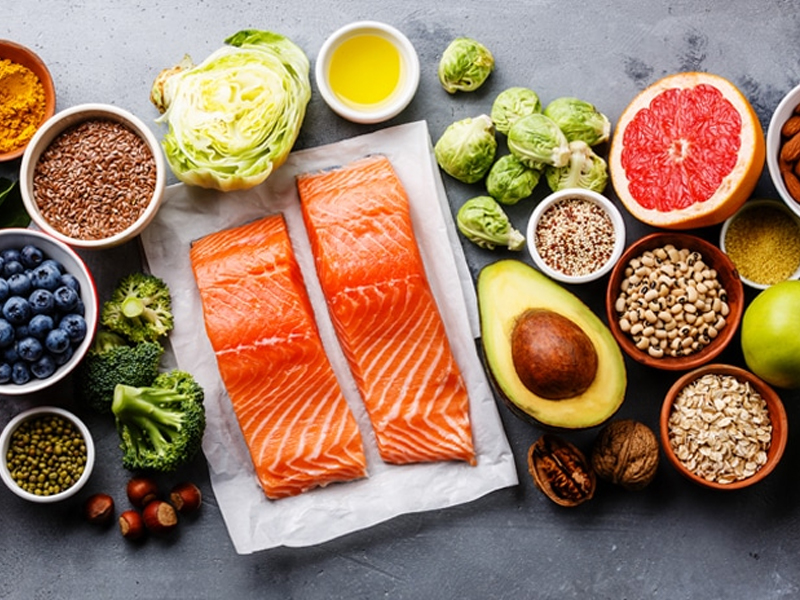The world of food science is full of confusingly similar terms—and “dextrin” is no exception. With organic resistant dextrin powder and organic resistant dextrin syrup gaining traction as gut-friendly sweeteners, it’s time to clear the air: Are they just fancy names for maltodextrin? Let’s slice through the jargon and reveal why these organic gems are in a league of their own.
Resistant Dextrin vs. Maltodextrin: A Side-by-Side Breakdown
| Feature | Organic Resistant Dextrin | Maltodextrin |
|---|---|---|
| Source | Non-GMO corn, wheat, or tapioca starch | Corn, rice, or potato starch (often GMO) |
| Production | Enzymatic hydrolysis + heat treatment | Partial starch hydrolysis (acid/enzymes) |
| Digestibility | Resistant to digestion (acts like fiber) | Fully digestible (spikes blood sugar) |
| Calories | 1–2 kcal/gram (fermented in the colon) | 4 kcal/gram (absorbed as glucose) |
| Glycemic Index (GI) | 5–10 (low) | 85–110 (high) |
| Common Uses | Fiber supplements, low-GI foods, prebiotics | Sports drinks, processed snacks, thickeners |
Why Resistant Dextrin ≠ Maltodextrin
- Chemical Structure:
- Resistant Dextrin: Branched, indigestible chains that reach the colon intact.
- Maltodextrin: Short, linear chains that break down into glucose rapidly.
- Health Impacts:
- Resistant Dextrin:
- Feeds Bifidobacteria and Lactobacillus (study: Journal of Nutrition, 2023).
- Lowers LDL cholesterol by 12% with daily 15g intake.
- Promotes satiety (curbs cravings by 30%).
- Maltodextrin:
- Linked to gut dysbiosis and inflammation (NIH, 2024).
- May worsen insulin resistance in prediabetics.
- Resistant Dextrin:
- Culinary Roles:
- Resistant Dextrin Powder: Adds fiber to baked goods without altering texture.
- Resistant Dextrin Syrup: Sweetens protein bars or yogurts while boosting prebiotics.
- Maltodextrin: Cheap filler in processed snacks (e.g., chips, instant noodles).
The Organic Advantage
Non-organic dextrins often come from GMO crops sprayed with glyphosate. Certified organic resistant dextrin guarantees:
✅ No synthetic pesticides (glyphosate disrupts gut bacteria).
✅ Non-GMO and allergen-free processing.
✅ Sustainable sourcing (closed-loop water systems).
Who Needs Resistant Dextrin?
- Gut Health Warriors: IBS sufferers see 40% symptom reduction with 10g/day.
- Diabetics: Stabilizes blood sugar without insulin spikes.
- Weight Managers: Adds bulk to meals, cutting calorie intake naturally.
- Athletes: Syrup form fuels workouts without GI distress.
How to Use Organic Resistant Dextrin
- Powder Power:
- Stir 1–2 tsp into coffee, soups, or oatmeal.
- Replace 10% flour in bread for added fiber.
- Syrup Solutions:
- Swap honey in dressings (1:1 ratio).
- Mix into smoothies for creamy texture.
Pro Tip: Combine powder + syrup in homemade granola for crunch and moisture.
3 Myths Debunked
- Myth: “All dextrins are bad.”
Truth: Resistant dextrin is a prebiotic fiber; maltodextrin is a refined carb. - Myth: “They taste the same.”
Truth: Resistant dextrin has a mild sweetness; maltodextrin is bland/neutral. - Myth: “Organic doesn’t matter for dextrins.”
Truth: Non-organic versions may contain glyphosate, harming gut flora.
FAQs
Q: Can I bake with resistant dextrin at high heat?
A: Yes! Stable up to 200°C (392°F)—perfect for cookies and breads.
Q: Is it safe for kids?
A: Yes, but start with 5g/day to avoid bloating.
Q: Does resistant dextrin expire?
A: Powder lasts 2+ years; syrup stays fresh 18 months unopened.
Q: Keto-friendly?
A: Yes! Net carbs = total carbs – fiber = near zero.
Resistant dextrin and maltodextrin may share a suffix, but their roles in your diet are polar opposites. While maltodextrin lurks in processed junk, organic resistant dextrin powder and syrup empower you to sweeten and thicken foods while nourishing your gut.
Upgrade Your Pantry, Not Just Your Recipes
Choose organic resistant dextrin—where cutting-edge science meets nature’s wisdom, and every spoonful supports your health.
Your gut (and taste buds) will thank you.
Related Products
Organic Potato Starch Powder
White powder, excellent thickening, USDA & EU Organic, vegan, non-GMO.
Organic Resistant Dextrin
Low-Calorie Prebiotic Fiber for Digestive Health & Clean-Label Formulations
Organic Maltodextrin Powder
Versatile Clean-Label Carbohydrate for Food, Beverage & Nutraceutical Applications
